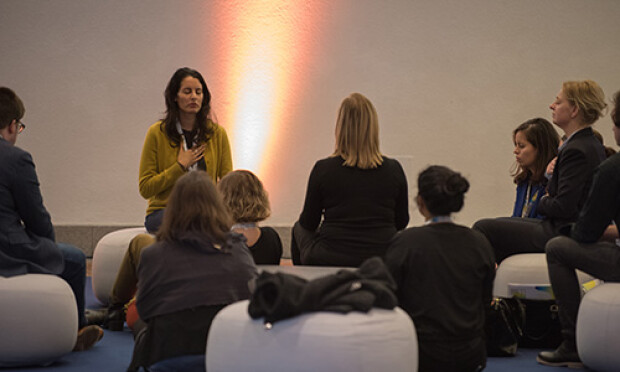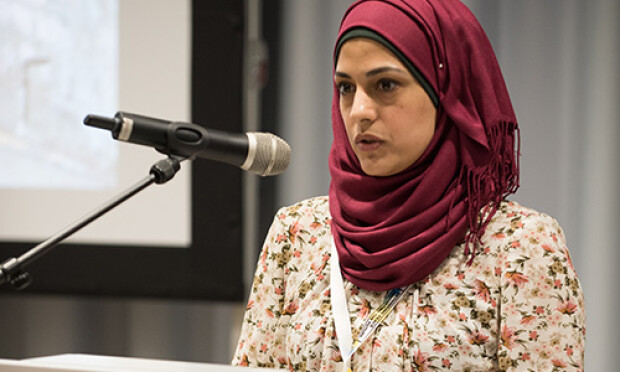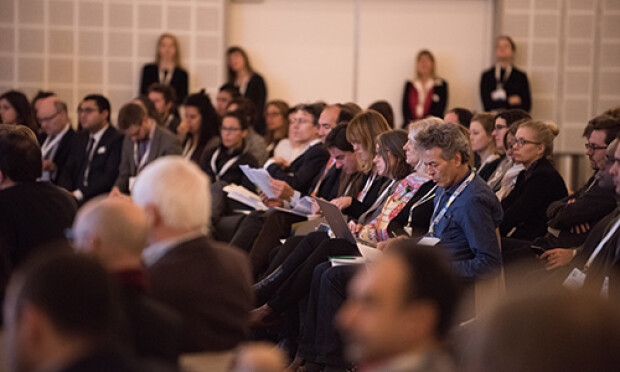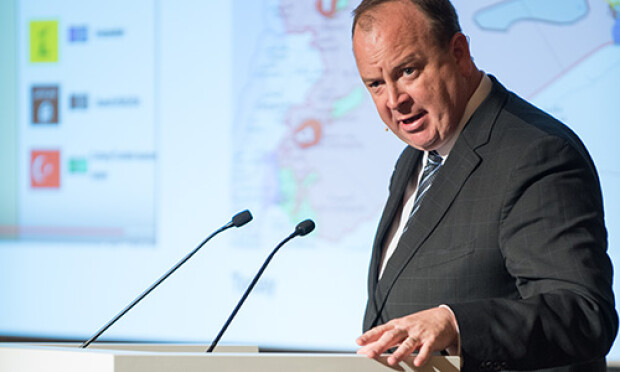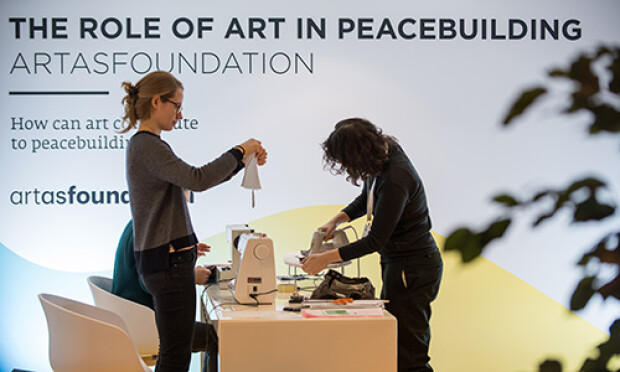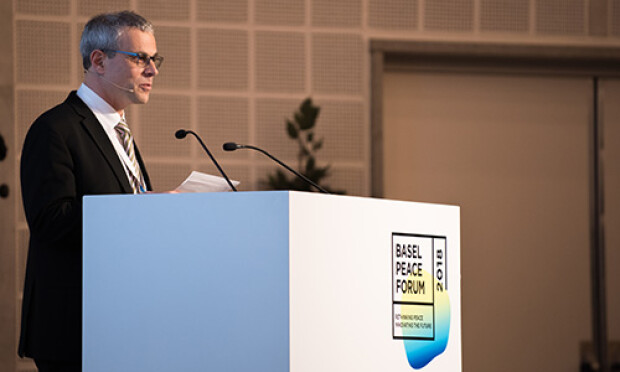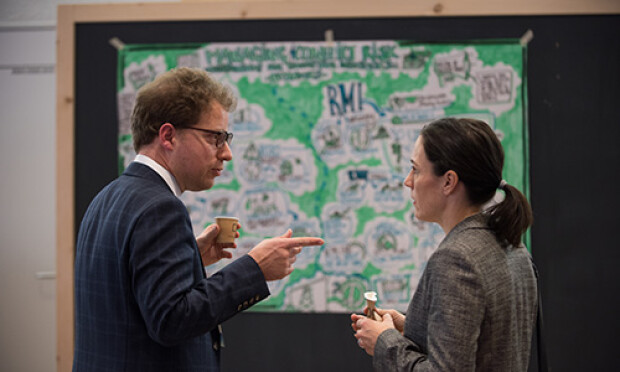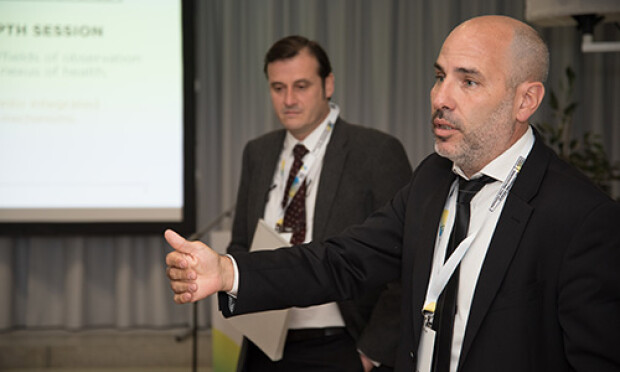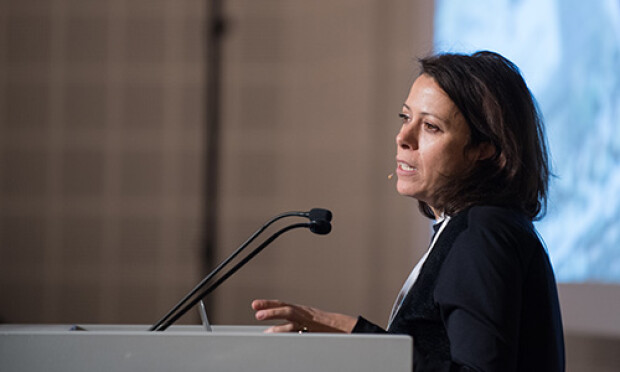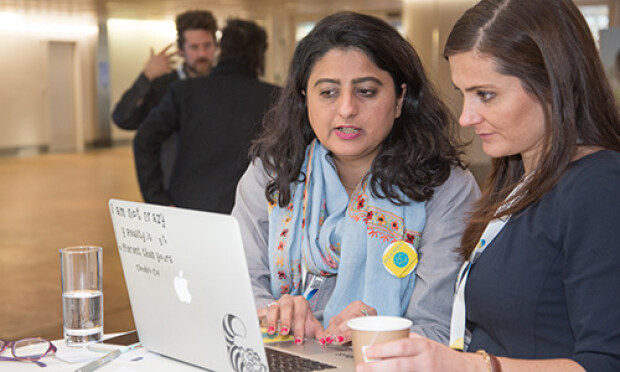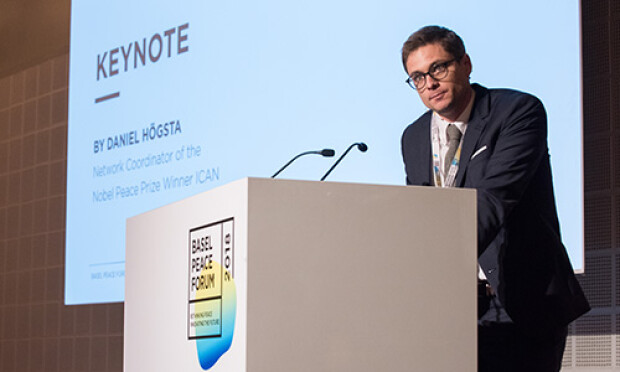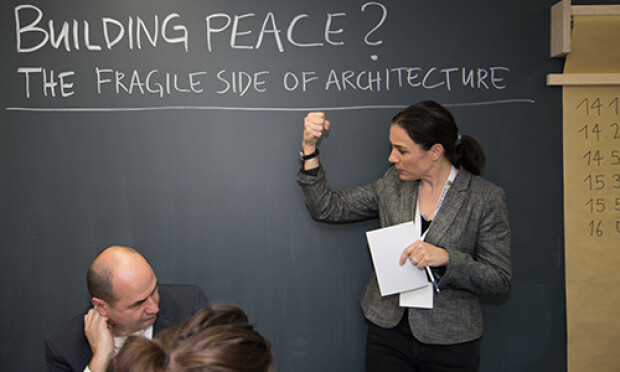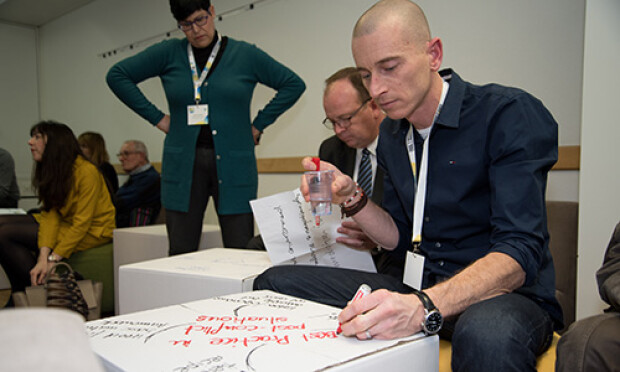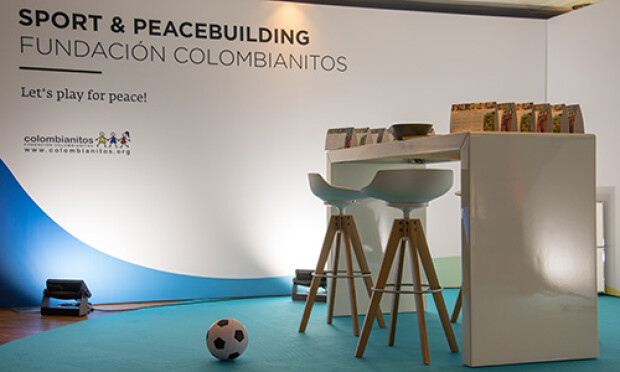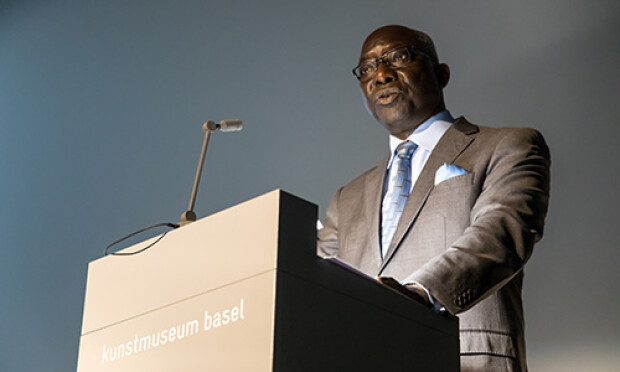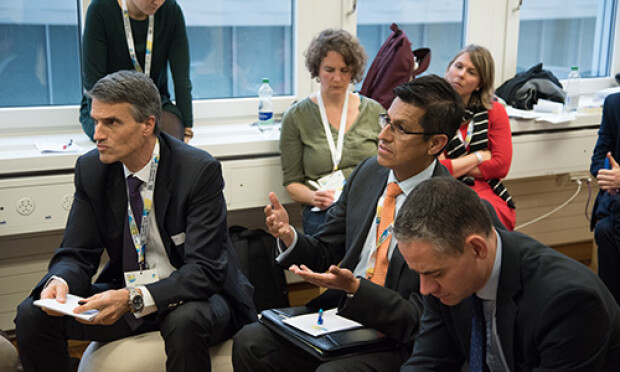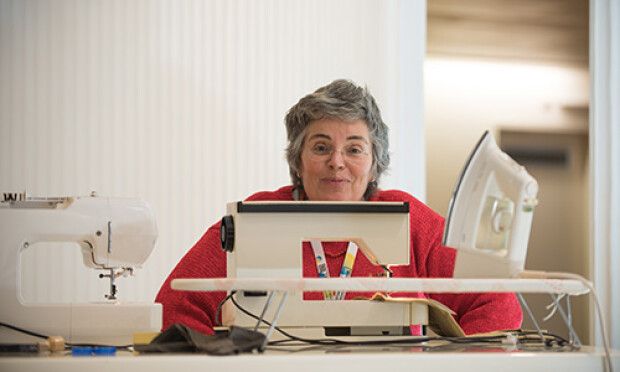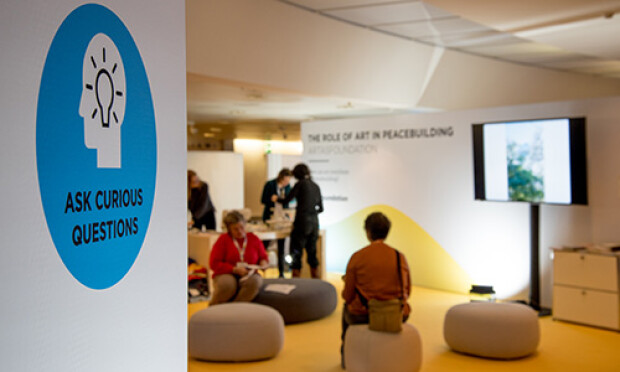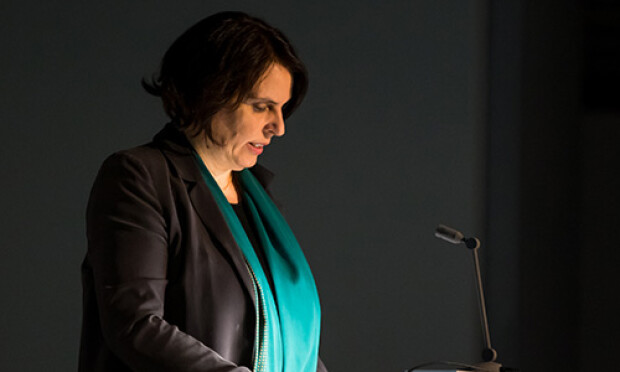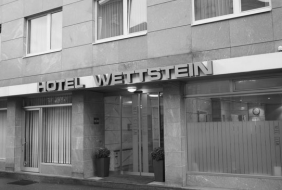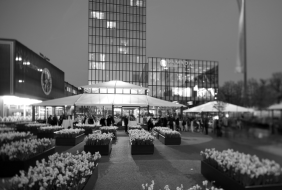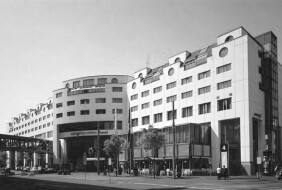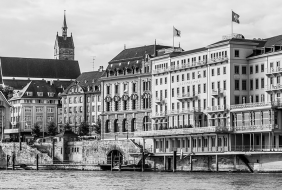Photos: TwoShotSpot Photography
Basel Peace Forum: Rethinking peace – Innovating the future
Impressions
Rethinking peace - innovating the future
The Basel Peace Forum 2018 inspired new and unconventional ideas for peacebuilding, connecting carefully selected leading personalities and decision-makers from business, diplomacy, academia, and civil society.
Critical Reflections
The Potential of Artificial Intelligence
Two core ideas emerged from the discussion. The first was to extend the principles of humanitarian robotics to the field of peacebuilding. The second core idea is to set up a competition to imagine the contributions of AI to peacebuilding in the future, triggering a broad debate about this issue as well as developing specific technical solutions. read more
The Nexus of Health, Migration, and Peace
The innovation forum explored different perspectives and potential avenues for collaboration at the nexus of health, migration and peace. Global health specialists, epidemiologists, migration experts, human rights activists, peace builders, political scientists and social anthropologists shared expertise and knowledge, in order to foster creative and innovative solutions to current roadblocks. read more
Risks and Opportunities for Extractive Industries
The discussion related to the interaction between the extractive industry, human rights, responsible practices, conflict risk management and, ultimately, peace. Several innovative approaches were mentioned, one of which relates to the need for even more transparency on business practices. read more
The Fragile Side of Architecture
The relationship between architecture and urban planning on the one side, and peace and conflict on the other, has increasingly been acknowledged. The built environment can serve as a powerful lens to understand and shape behaviour. Exploring this link and seeking sustainable options to facilitate peace through architecture and urban planning lies at the heart of the architecture-and-peace nexus. read more
Program
Detailed program for January 14 - 15, 2018.
January 14, 2018
Opening of the Basel Peace Forum
Keynote: Adama Dieng, UN Special Adviser on the Prevention of Genocide
Panel Debate: "From Utopia to Reality – How Peace Can Benefit from Business Innovation" with Livia Leu, Richard Robinson, and Phil Vernon
Flying Dinner
January 15, 2018
Registration & Coffee
Keynote: Robert Dann, Chief of Political Affairs at the Office of the UN Special Envoy for Syria
Introduction: "A Robot for Peace? The Potential of Artificial Intelligence"
Introduction: "Migrating Healthy to Peace? The Nexus of Health, Migration, and Peace"
Coffee Break
Introduction: "Managing Conflict Risks? Opportunities for Extractive Industries"
Introduction: "Building Peace? The Fragile Side of Architecture"
Networking Lunch
Keynote: Malkit Shoshan, Director of Architectural Think Tank FAST
In-depth sessions Innovation Forums
Coffee Break & Gallery Walk
Keynote: Daniel Högsta, Network Coordinator ICAN
Speakers
-
Elisabeth Ackermann
Elisabeth Ackermann
President of the Government of the Canton of Basel-Stadt -
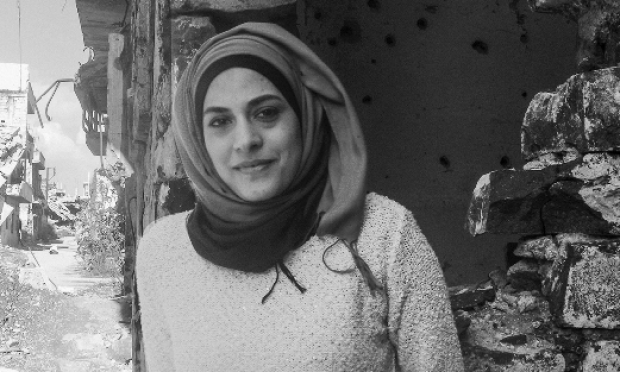 Marwa Al-Sabouni
Marwa Al-SabouniMarwa Al-Sabouni
Syrian Architect and author of "The Battle for Home: Memoir of a Syrian Architect" -
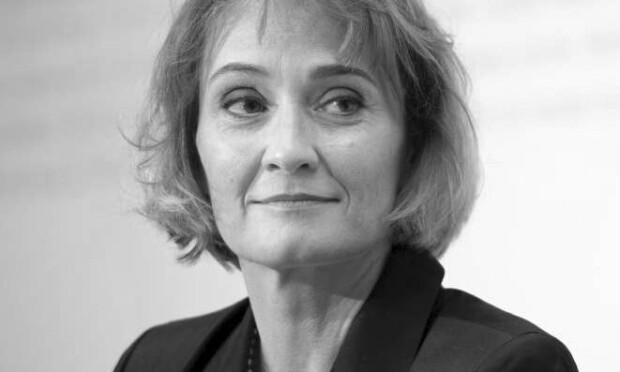 Pascale Baeriswyl
Pascale BaeriswylPascale Baeriwsyl
State Secretary, Federal Department of Foreign Affairs -
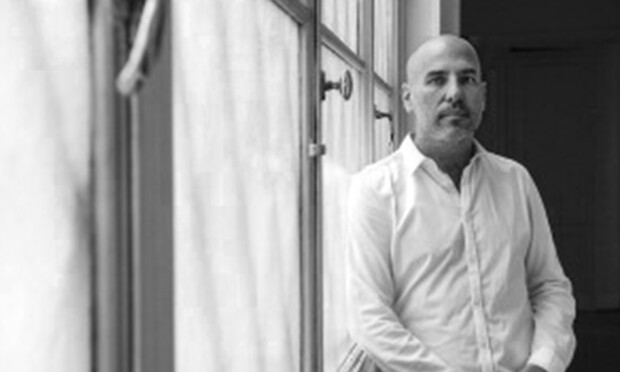 Ceriani Cernadas
Ceriani CernadasPablo Ceriani Cernadas
Vice-Chairperson of the UN Committee on the Rights of Migrant Workers and their Families -
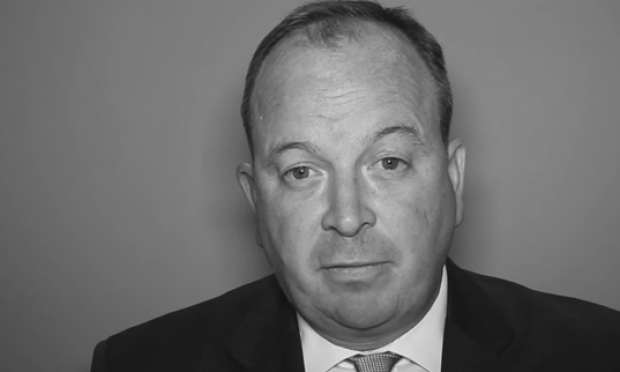
Robert Dann
Chief of Political Affairs at the Office of the UN Special Envoy for Syria -
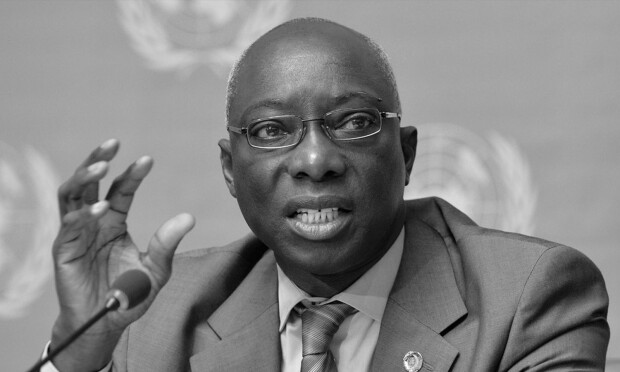 Adama Dieng
Adama DiengAdama Dieng
UN Special Adviser on the Prevention of Genocide -
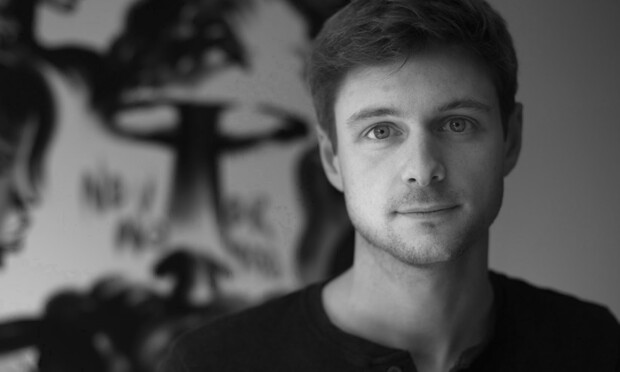 Daniel Hogsta
Daniel HogstaDaniel Högsta
Network Coordinator of ICAN -
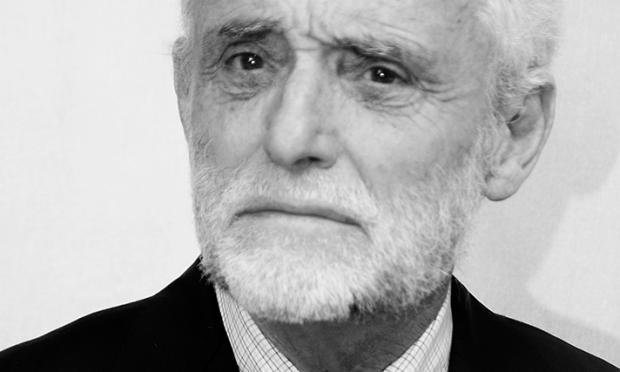 swisspeace
swisspeaceJakob Kellenberger
President of swisspeace, former President of the International Committee of the Red Cross -
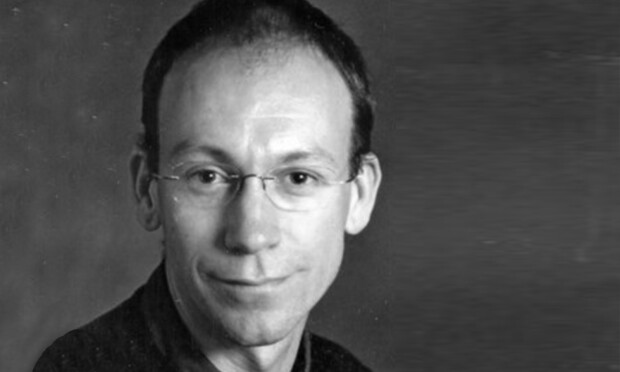 Philippe Le Billon
Philippe Le BillonPhilippe Le Billon
Professor at the University of British Columbia -
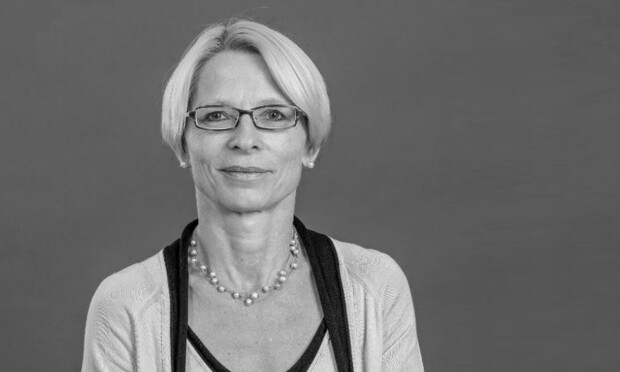 Livia Leu
Livia LeuLivia Leu
Delegate of the Federal Council for Trade Agreements and Head of the Bilateral Economic Relations Division at the State Secretariat for Economic Affairs -
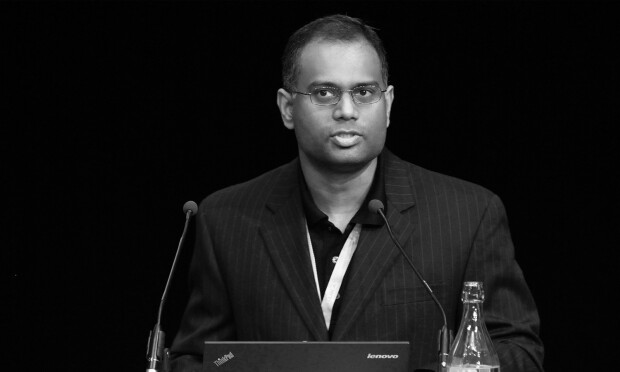 Raj Madhavan
Raj MadhavanRaj Madhavan
Founder & CEO of Humanitarian Robotics Technologies -
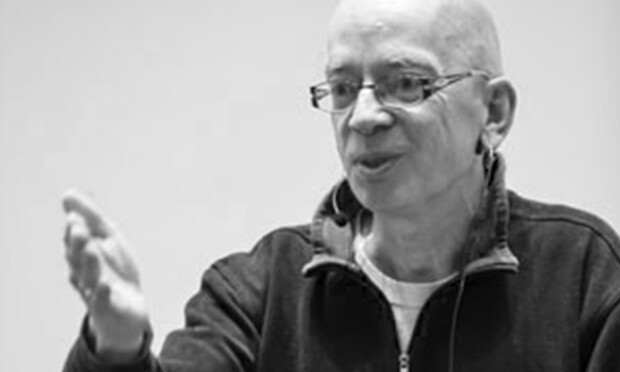 HAMarsikse
HAMarsikseHans-Arthur Marsiske
Freelance Journalist and Author -
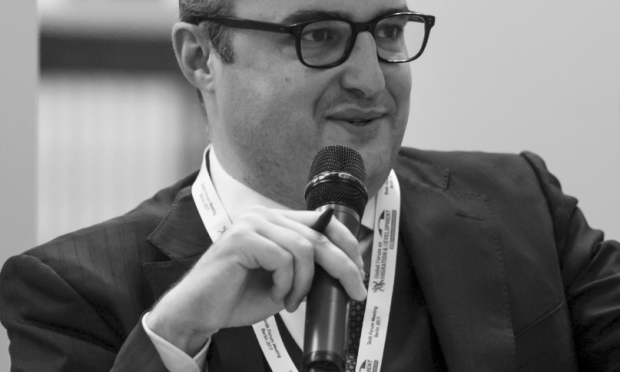
Pietro Mona
Ambassador for Development, Forced Displacement and Migration at the Swiss Federal Department of Foreign Affairs -
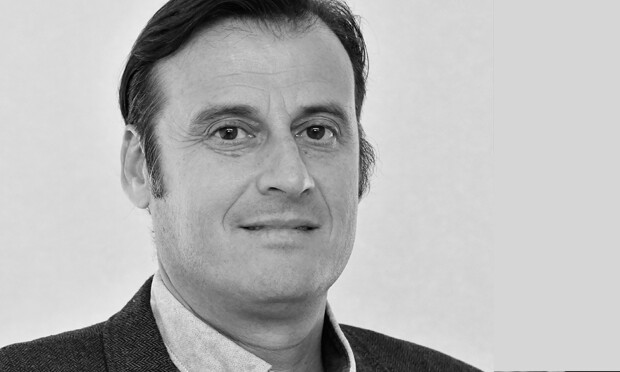 Swiss TPH
Swiss TPHDaniel Paris
Chief Medical Officer at the Swiss Tropical and Public Health Institute -
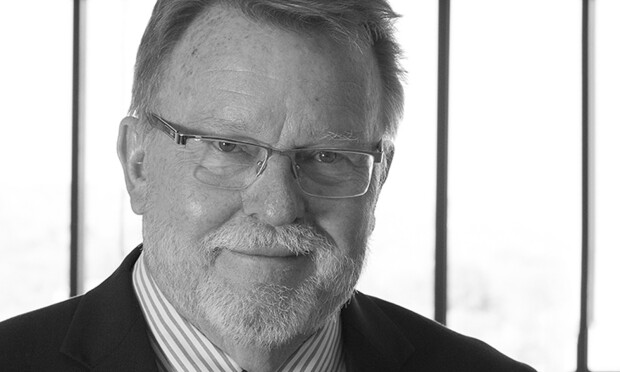 Alphamin Resources
Alphamin ResourcesRichard Robinson
Managing Director of Alphamin Resources Corporation -
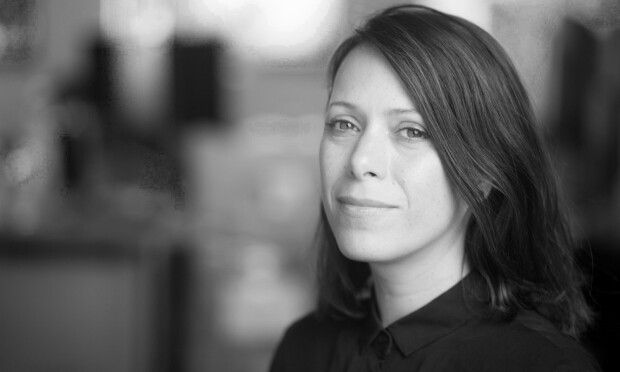 Malkit Shoshan
Malkit ShoshanMalkit Shoshan
Founder and Director of the architectural think tank FAST: Foundation for Achieving Seamless Territory -
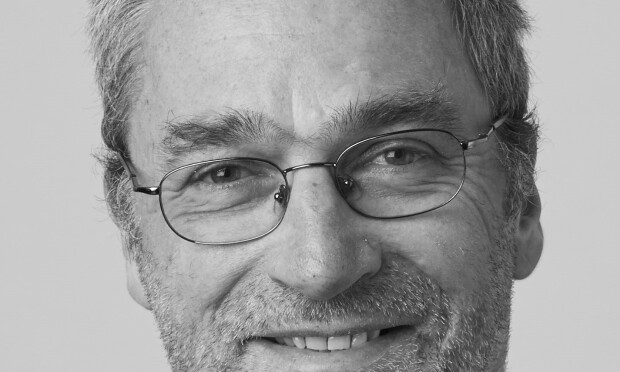 Phil Vernon
Phil VernonPhil Vernon
Independent Peacebuilding and Development consultant, former Director of Programmes at International Alert
Innovation Forums
In a novel workshop format, participants from business, academia, diplomacy, and civil society discussed topical issues that are relevant to peace given current social, economic, and technological change, and found innovative ways forward.
-
A Robot for Peace? The Potential of Artificial Intelligence
Humanity expects a lot from the development of full artificial intelligence: support for the ending of wars, for example. But at the same time, many fear a loss of control and unintended negative consequences. This forum gathered experienced technologists and scientists to analyze the role of artificial intelligence in changing warfare and preventing violent conflicts. Furthermore, it explored the impact of virtual platforms on building trust through social and commercial interactions in countries emerging from conflicts.
-
Migrating Healthy to Peace? The Nexus of Health, Migration, and Peace
What is the nexus of health, migration, and peace? What root causes, early warning indicators, and signals for conflicts and human rights violations are related to health issues and migration? The forum brought together epidemiologists, global health specialists, peace builders, political scientists, and other stakeholders from different sectors for exchange on challenges, opportunities, and best practices. -
Managing Conflict Risks? Opportunities for Extractive Industries
Extractive industries are often among the first to make much-needed investments in post-conflict environments. Nevertheless, they have been accused of exploiting and instigating armed conflicts, trapping societies in a mutually reinforcing cycle of violence and poverty. Bringing together experts from different backgrounds, this forum reviewed opportunities, risks, and challenges related to extractive industries and the promotion of peace, and sustainable development. -
Building Peace? The Fragile Side of Architecture
How does architecture contribute to war and peace? Does architecture help cities fall apart and separate societies, or does it recreate social bonds? And how does a given political context impact on reconstruction? Analyzing the nexus of architecture, peace, and war, this innovation forum gathered experts in architecture, urban planning, and related fields in order to elaborate whether “Building Peace” is actually possible.
Pavilions
As a novelty of the second edition, participants had access to pavilions used to present and discuss a rich array of activities related to peace promotion.
All Pavilions
-
buildup.org
New Technologies & Peacebuilding
with BuildUP
New technologies have an undeniable potential to support and even transform peacebuilding processes. In their pavilion, Build Up displayed how modern technology allow for new forms of engagement in conflict and post-conflict contexts and how broader participation than ever before is achieved. -
artasfoundation
The Role of Art in Peacebuilding
with art as foundation
Art initiatives in the context of conflicts have received growing attention. artasfoundation, the Swiss Foundation for Art in Regions of Conflict presented how they merge artistic production, international cooperation, cultural management, and peacebuilding in their work in the South Caucasus. -
SCAS
Emotions & Peacebuilding
with the Swiss Center for Affective Sciences
In its pavilion, the Swiss Center for Affective Sciences explored how scientific research can contribute to defining evidence-based guidelines for conflict resolution. In discussions, presentations, group work, and drop-in meditations, the pavilion shed light on the role emotions play in conflicts.
-
Basel Peace Office
Nuclear Disarmament
with the Basel Peace Office and IPPNW Switzerland
Where are the bombs? And are you banking on the bomb?
Participants were invited to hold the chains to prevent the missile from being launched. Moreover, they were given maps of Europe and challenged to mark on the map the locations where nuclear weapons are deployed and to check whether their banks are investing in nuclear weapons. -
Fundación Colombianitos
Sports & Peacebuilding
with Fundación Colombianitos
In its pavilion, the Colombian foundation elaborated how sports can be used as a tool for social development and how it is interlinked with education, prevention, and peacebuilding. Furthermore, participants were invited to try themselves and score for a peaceful world.
Venues
Museum of Art - Kunstmuseum Neubau (January 14)
St. Alban-Graben 16
4051 Basel
kunstmuseumbasel.ch
Congress Center Basel (January 15)
Messeplatz 21
4058 Basel
congress.ch
January 15, 2018
Premiere "Taste of Cement" (2017), followed by discussion with Ziad Kalthoum (director), Marwa al-Sabouni (Syrian architect) and Prof. Dr. Laurent Goetschel (moderation).
January 16, 2018
Syrian writer Hamed Abboud read from his book: "Der Tod backt einen Geburtstagskuchen"
Information for participants
Accommodation
Please find below our hotel recommendations close to Congress Center.
For further accommodation options, please contact the Basel tourism office: www.basel.com
Transport
Travel to Basel
From EuroAirport Basel-Mulhouse-Freiburg, bus line number 50 will take you to the main station (Basel SBB) in 25 minutes. From Zurich Airport, there are regular train connections to Basel (Basel SBB) taking 1 hour and 10 minutes. For detailed information and railway timetables check SBB.ch.
Public Transport in Basel
Your hotel may offer a city ticket that you can use for trams and buses. If it does not, you can buy a ticket at any station or online. You can expect public transport to be on time in Basel. The station at Kunstmuseum Basel is called “Kunstmuseum”. The station at the Congress Center is called “Messeplatz”. For detailed information, online ticket purchases or timetables on trams and buses: SBB.ch.
Taxis in Basel
If you want to take a taxi, you can call "33er”, which is the biggest taxi company in Basel: +41 61 333 33 33. UBER is also available in Basel.
Further information
Visa
If you need a visa to enter Switzerland, please contact Luca Sigrist info@basel-peace.org as soon as possible. We will provide you with an invitation letter that you can present to a Swiss embassy or consulate abroad.
Insurance
If you do not have international travel insurance, please inform Luca Sigrist info@basel-peace.org as soon as possible.
Weather
For information on the weather in Switzerland, we advise you to check www.meteoswiss.admin.ch. In general you can expect cold weather in January and even snow.
Currency
The currency in Switzerland is Swiss Francs. You can withdraw Swiss Francs at ATMS at the airports in Basel or Zurich, at railway stations or in the city of Basel. You will also find counters to change your currency at the airport as well as at the railway station. Credit and debit cards are accepted at most places. Some places accept Euros (only bills).
Electricity outlets
Switzerland has its own standard of electrical plugs, but they are compatible with two-pin Europlugs. However, they are not compatible with the round "schuko" type.

